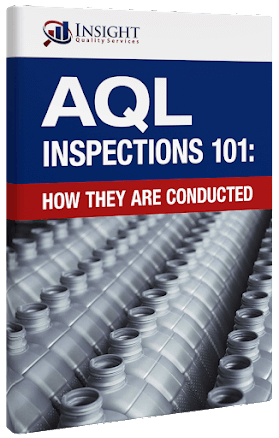Tips for Working With a Good Supplier



Table of Contents
Selecting the right supplier for your business needs is vital to ensure that you are able to deliver your products and services on time, at the right price, and in compliance with your quality standards. Creating specific supplier selection criteria will help you identify a supplier that will work with you to meet the demands of your customers. Here, we’ll offer key tips for setting those criteria and, in turn, finding a good supplier for your business.
First and foremost, you need to know what type of supplier you want to work with. Having a clear direction will help in your research so that you’re able to find the right supplier. A good supplier understands the buyer’s needs and is capable of following things like payment terms and lead times.
It’s also important to know what you should ask your supplier once you’ve found them. Does the supplier have a widget? Are their prices in your wheelhouse? Specifications need to be initially set to ensure you’ll get the product you want – made by the right manufacturer that willarrive to the end user appropriately.
So, create a list of criteria, including issues like:
- Lead times from receipt of your order to delivery
- Minimum and maximum order quantities
- Storage and handling facilities
- Specific methods of delivery
- Quality assurance processes
- Payment terms and conditions
- Return policy
- Contactable references
This list will help to ensure that you don’t overlook any important requirements.
Then, establish a clear joint commitment with the supplier that includes:
- Identifying the best solutions
- Upholding quality and efficiency
- A unified approach – essential for delivering premium end-to-end solutions
- Rapid adoption of evolving technologies
- Access to new distribution channels
- A supplier engagement process
Lastly, monitor the supplier performance. Even the most reliable supplier can occasionally slip up. Make sure they have a direct contact point at your company and conduct regular performance reviews. This will help you keep tabs on their work and ensure they’re fulfilling their end of the agreement. These reviews will also help you when it comes time to talk about contract renewal, so you know where you stand.
Following these tips will enable you to successfully select suppliers who can support your business requirements by delivering the appropriate goods and services you need on time and within budget. This will help you improve productivity and the quality of your products.
Want more tips for successful business relationships and what to look for when working with a good supplier? Learn how to define “supplier” and understand what constitutes a good one!

AQL Inspections 101: How They are Conducted
Authors


